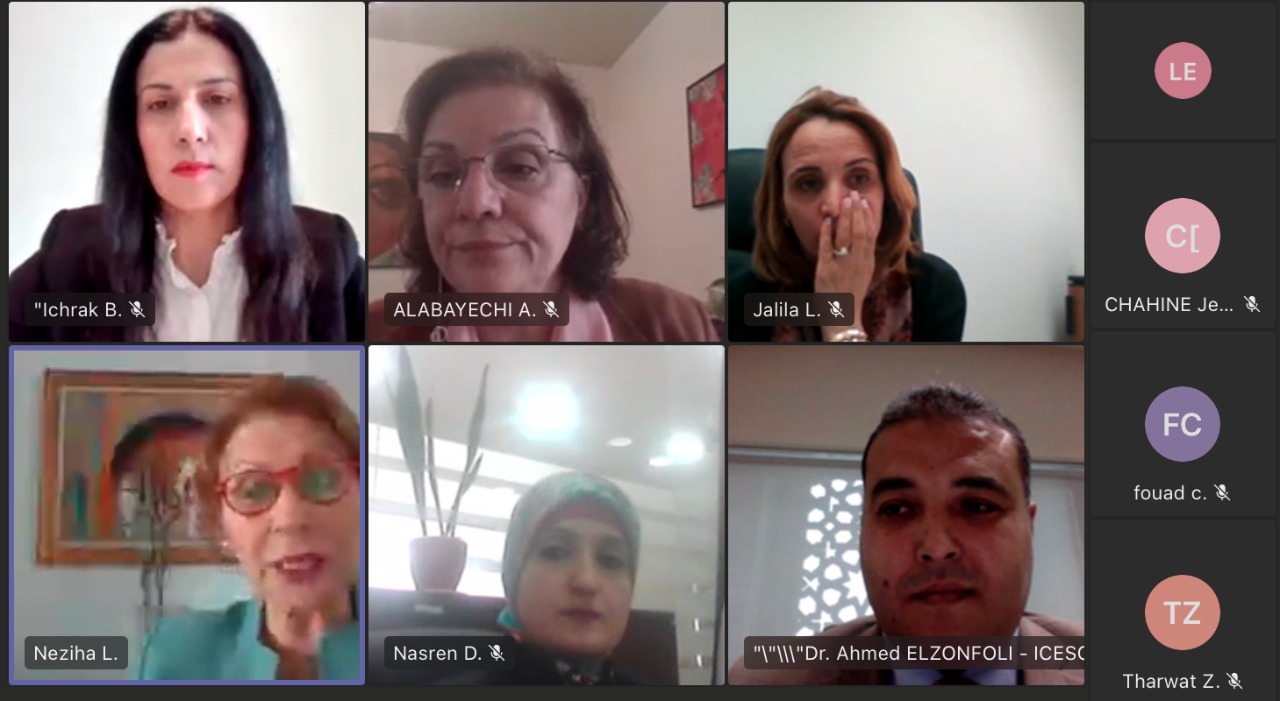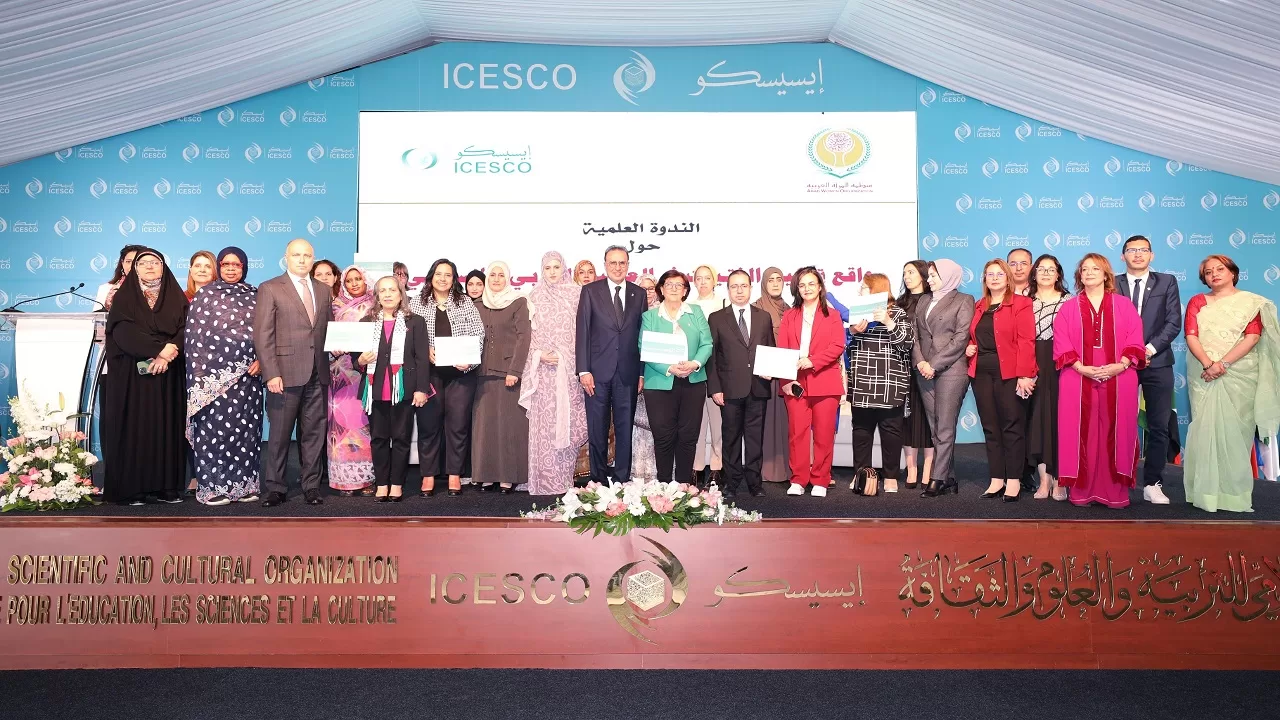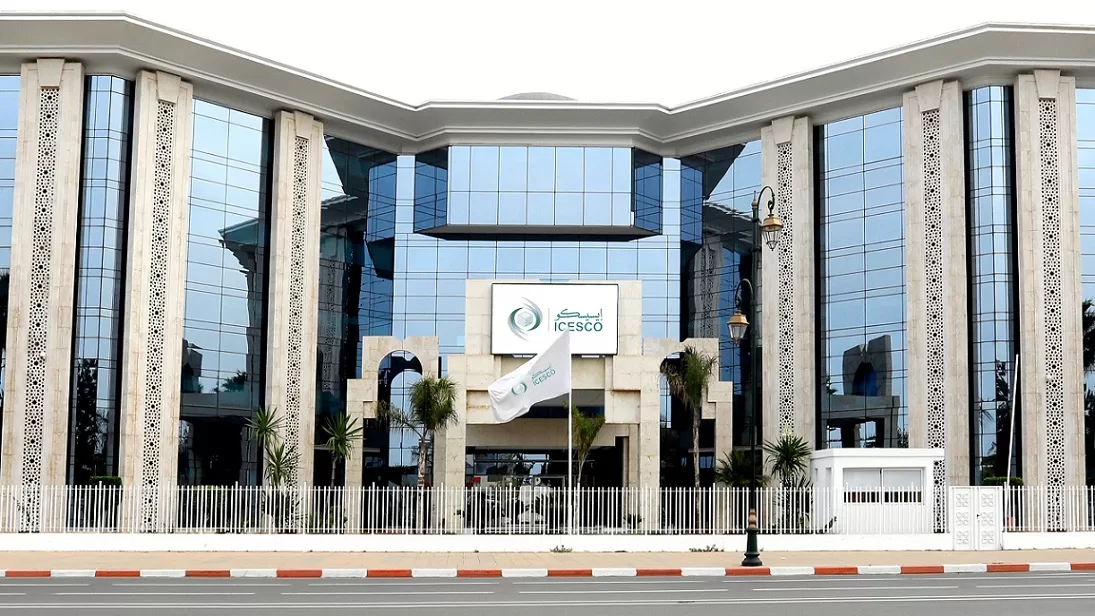
ICESCO Takes Part in Panel on Stereotypes and Images of Social Gender in School Curricula

9 April 2021
The Islamic World Educational, Scientific, and Cultural Organization (ICESCO) took part in a panel that the United Nations Human Rights Training held along with the Documentation Centre for South-West Asia and the Arab Region and the Regional OHCHR Office in Beirut, on “Stereotypes and Images of Social Gender in School Curricula.” The panel was held via videoconference as part of efforts to raise awareness of human rights, stress the importance of upholding the right to education and underline the necessity of eradicating stereotypical concepts in education.
Dr. Ahmad El-Zonfoli, Expert at ICESCO Sector of Education, represented the Organization in the panel, held on Thursday, April 8, 2021, and presented a research paper on the “Future Orientations to Empower Women and Girls and Support Social Gender as part of ICESCO New Vision.” Dr. El-Zonfoli explained that the paper focuses on the Organization’s orientation regarding rehabilitating girls and women and supporting the social gender within the framework of its new vision, in efforts to promote women’s contributions to society and achieve gender equality.
The ICESCO official also noted that the Organization proclaimed 2021 as the Year of Women under the slogan “Women and the Future,” in a bid to promote the status of women as well as their values and noble mission and recognize their efforts, vital roles, and major contributions to building the future and developing societies.
Dr. El-Zonfoli added that ICESCO prepared an ambitious program for the year focusing on four axes, namely, conferences and seminars, programs and projects, prizes, and initiatives. Dr. El-Zonfoli further explained that all axes revolve around the issues of supporting, rehabilitating, and building the capacities of women, promoting their leading role, improving their situation, fighting illiteracy, and guaranteeing girls’ rights to education.




